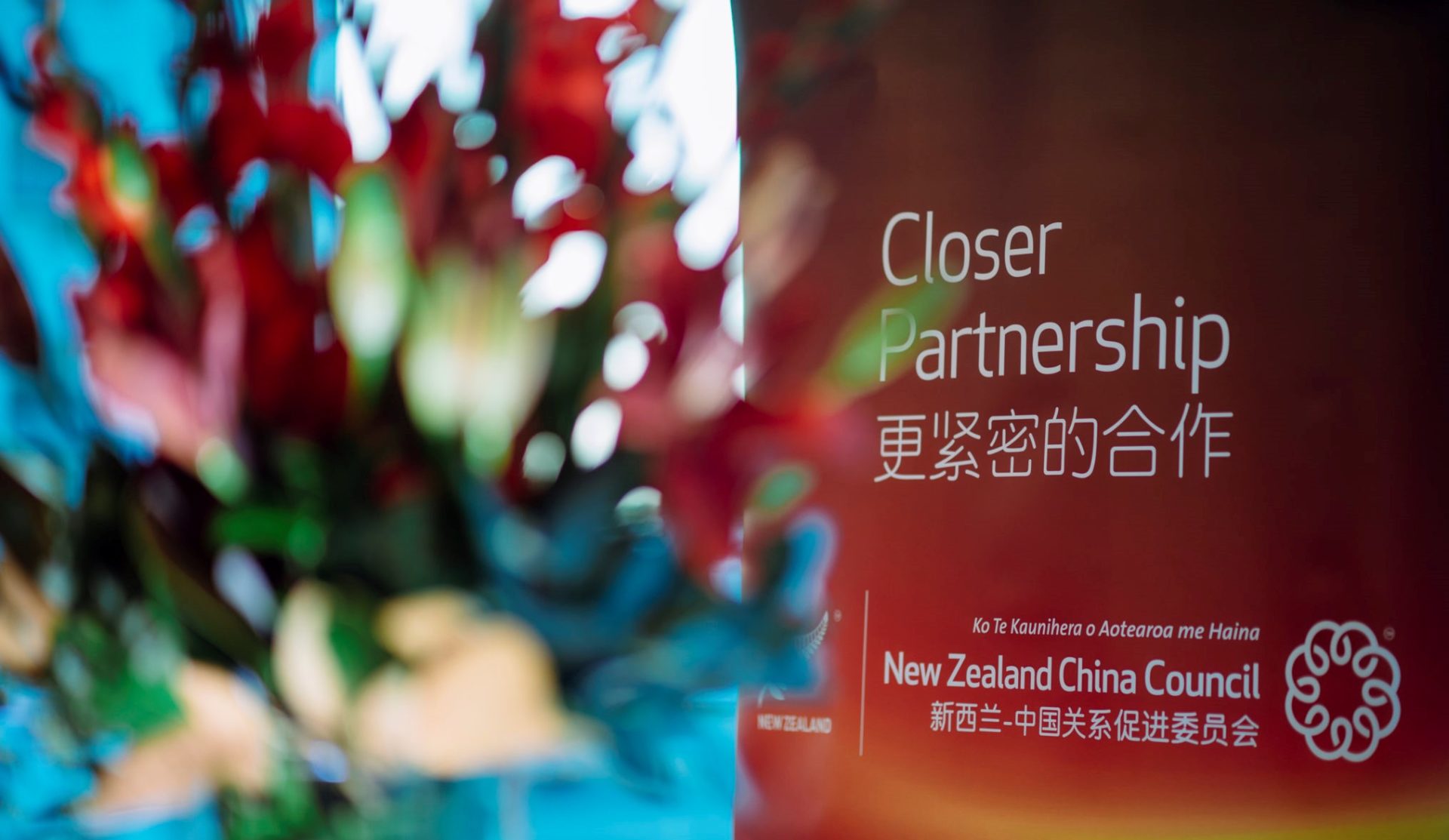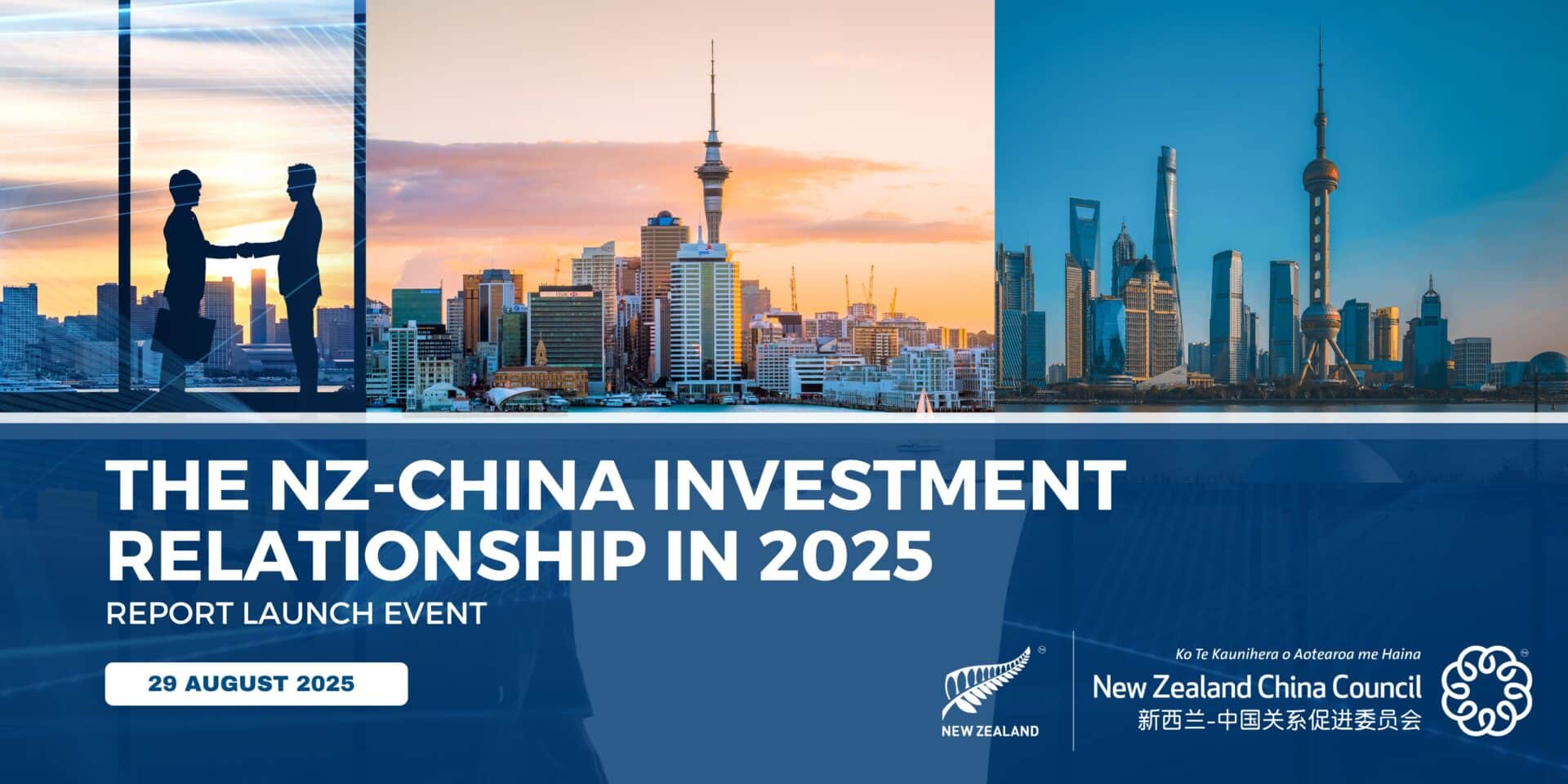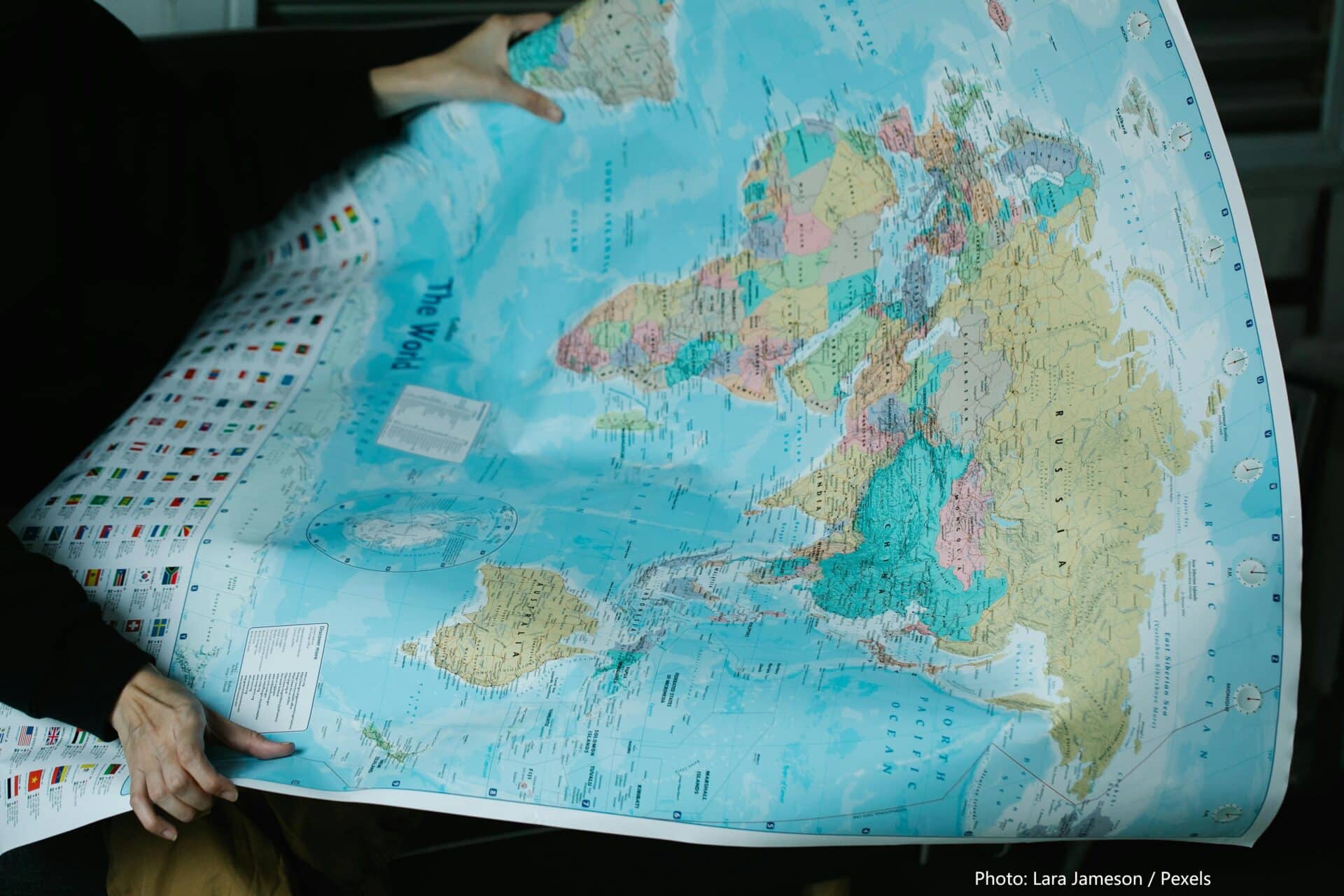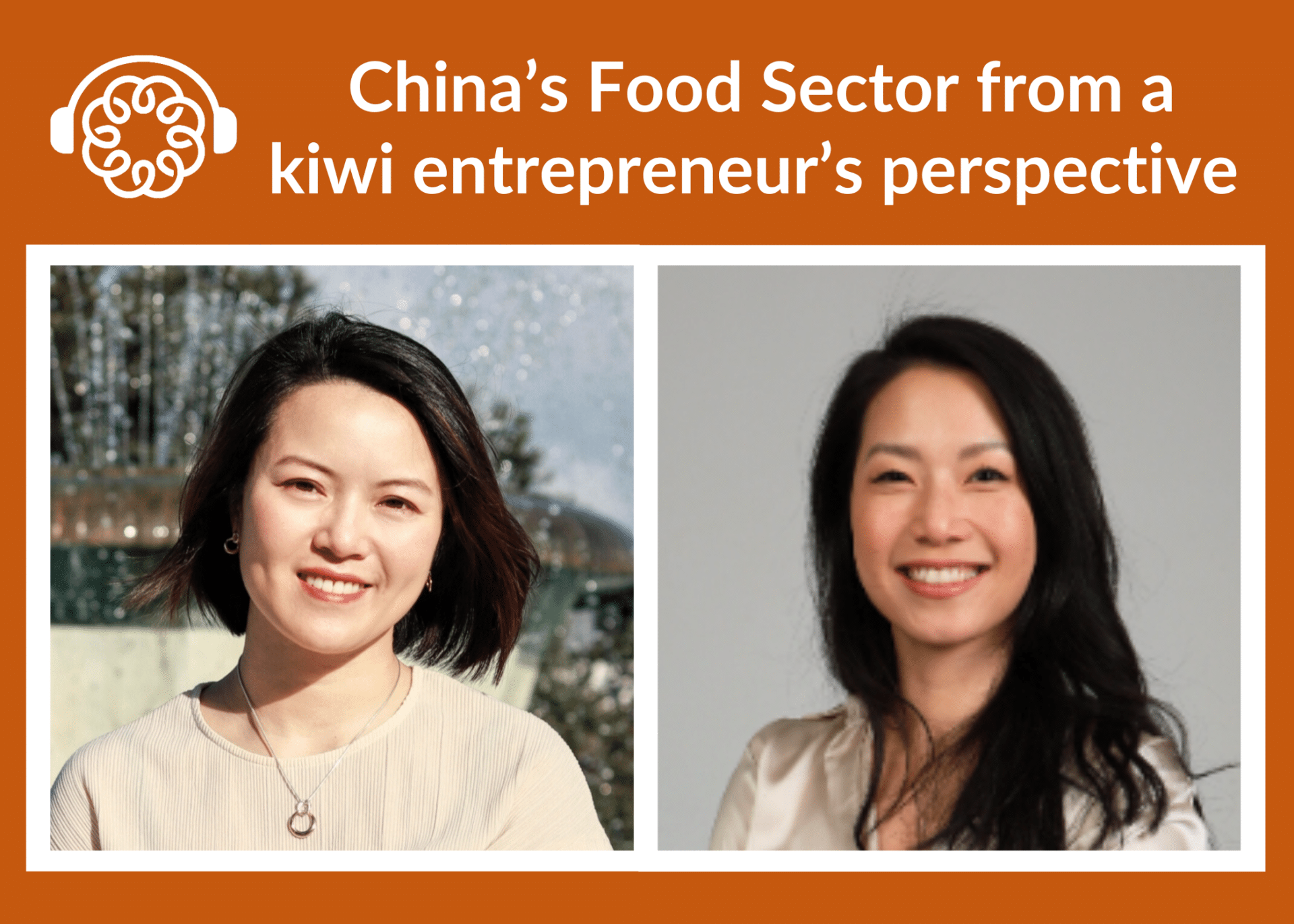Respect at core of NZ ties with China
Relations are on a solid footing, says departing chief of trade advocacy group
By KARL WILSON, Global Edition of China Daily
New Zealand has managed to establish a solid relationship with China “built on mutual respect”, said Stephen Jacobi, the executive director of the New Zealand China Council.
Jacobi is leaving the NZCC role at a time when relations between the two countries are sound, or as he would say, “on a solid footing”. The two countries announced the conclusion of negotiations for an upgrade in the bilateral free-trade agreement on Nov 4.
Jacobi said the agreement on the upgrade demonstrates the governments of New Zealand and China are continuing to work closely together and are focused on cooperation that boosts the economies of both countries.
The original FTA is now more than 10 years old, and in that time there have been significant changes in trade globally, as well as between New Zealand and China.
Two-way trade with China is now worth almost NZ$30 billion ($19.3 billion) a year, with exports to China at NZ$15.5 billion and imports NZ$12.9 billion.
Former New Zealand prime minister John Key (2008 to 2016) set up the NZCC in 2012 to help develop a strong relationship with China.
“At the time, there were fewer clouds on the horizon. You didn’t have to worry as much about the geopolitical situation as we do today,” Jacobi said in an interview with China Daily.
Over the four years of his service, Jacobi has advocated for a balanced relationship with China and supported the Belt and Road Initiative and the Southern Link — “two issues which we are working on that will only strengthen our ties and put New Zealand in a new relationship not only with China but the (Asia-Pacific) region and South America”.
The Southern Link positions New Zealand as a conduit between China and South America for trade, travel and tourism.
“The NZCC advocates new thinking about these issues and our relationship with China. They are important to us as a nation,” Jacobi said.
Looking back, Jacobi said relations between New Zealand and China have changed significantly.
“Today we work close together in a number of new areas that we didn’t before,” he said.
“Trade continues to grow, even though it is narrowly concentrated in sectors like dairy, meat, wood and horticulture.
“We have seen growth in immigration, tourism and education, although growth could be leveling off.”
New areas where cooperation has been growing are in research, climate change and science — areas that have a global dimension, he said.
Of course, issues may arise sometimes between New Zealand and China, but “these are best discussed face-to-face rather than through the media”, he said.
Stronger ties
Jacobi admitted that geopolitical change such as the US-China trade war and China’s place in the world had presented challenges.
“New Zealand has similar issues with China, as does Australia,” he said.
“Perhaps the main difference is that we have an independent foreign policy. That enables us to adopt our own approach to issues such as human rights, regional security and the South China Sea.”
To underline his point, Jacobi cited a comment by New Zealand’s Prime Minister Jacinda Ardern: “We (NZ and China) are distinct societies but it doesn’t stop us from cooperating where it makes sense to do so and it does not stop us from having a robust debate in areas where we disagree.”
The former New Zealand foreign minister and NZCC chairman, Don McKinnon, said Jacobi has helped to advance the council’s goal of building a stronger and more resilient relationship with China.
“Stephen has made a lasting contribution through his careful engagement with (NZCC) members and stakeholders in both New Zealand and China,” McKinnon said.
“He has looked for new opportunities to engage with China, including identifying opportunities through the Belt and Road Initiative and by building the Southern Link.”
*This article original appeared in the Global Edition of China Daily on 28 Nov 2019.












 MENU
MENU
